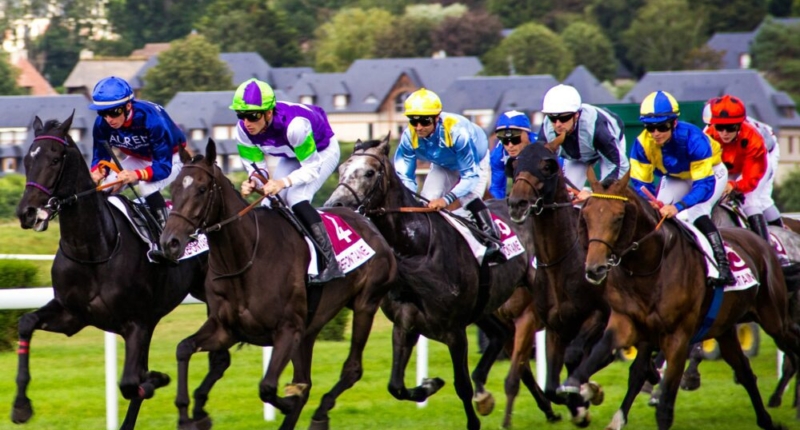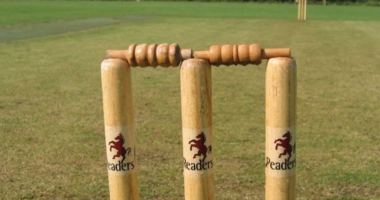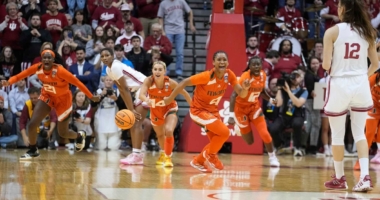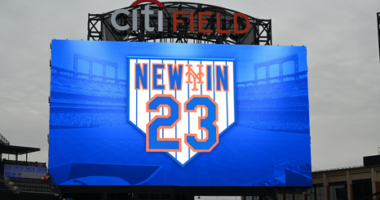The horse racing industry is slowly revolutionizing with the use of wearable medical devices and drone technology. Heart rate monitors and other data-collection technologies can help trainers improve horse health and optimize performance, providing a competitive edge. Furthermore, these devices can benefit everyone from bookies to racing teams, allowing them to gain access to valuable information that was previously unavailable. Data collection is the new frontier of horse racing, enabling teams, medical professionals, and enthusiasts to make more accurate predictions about the race’s outcome, customize training programs, monitor and adjust a horse’s dietary needs, and prevent injuries. As technology continues to advance, we can expect to see even more innovations in the field of horse racing, providing a more level playing field for all participants in the sport.
The Impact of Data Analytics on Horse Racing
Horse racing is a beloved sport that attracts jockeys, riders, and betting agencies alike. While the jockey’s skill and the horse’s speed and agility are crucial factors in determining the outcome of a race, analyzing data on winning patterns by horse or rider can significantly improve betting outcomes.
Data analysis is not limited to high-stakes gamblers; horse-racing teams and veterinarians also use collected data in various ways to make informed decisions about horse breeding, training, and health management, leading to better performance and overall welfare of the animals.
How is data analysis used in horse racing?
Data analysis plays a critical role in horse racing, specifically in breaking down winning patterns by horses and riders into various factors contributing to a horse’s performance in a race. This information is analyzed by predictors of horse racing outcomes, jockeys, sponsors, and other organizations within the community to gain a competitive edge.
Riders utilize race data to improve training programs, and horse racing accessories, such as specialized reins, bits, and saddles, enhance the horse’s performance and comfort during races. By tracking and analyzing biometric information gathered during races, team veterinarians can identify potential health issues early on, leading to prompt intervention and prevention of more severe health problems.
GPS trackers
GPS trackers are commonly used during the race to measure race tendencies, speed, and location on the track. This helps racing teams decide where to focus their training. For instance, if a horse performs poorly in certain parts of the track, extra training in that particular section may be necessary.
Drone technology
Drone technology is also revolutionizing horse racing by providing a bird’s eye view of the race, which can be used to gather more precise data on factors like track conditions and horse positioning. This information can be used to make strategic decisions, such as choosing the optimal starting position for a horse.
In conclusion, the use of data analytics is revolutionizing horse racing, from improving betting outcomes to enhancing horse performance and welfare. As technology continues to advance, the use of data analysis in horse racing is expected to become even more widespread, providing a more level playing field for all participants in the sport.
The Impact of Drones and Data Analytics on Horse Racing
Drones have revolutionized the way we view the world and are significantly impacting horse racing. They provide teams with a unique perspective on their horse’s racing tendencies, such as how they run on the track with other horses and their approach to taking corners. This technology has been a game-changer for riders and teams, offering valuable insights into their horse’s performance.
Using drones, horse racing teams can capture high-quality footage from above, allowing them to analyze a horse’s technique and identify areas for improvement. This footage can also be used to study the strategies of other riders and horses, providing a competitive edge in the sport. Furthermore, this technology can enhance the viewing experience for fans by offering a bird’s eye view of the action and providing a new level of immersion in the sport.
What types of information could be helpful?
Winning or losing a horse race primarily depends on the jockey’s skill and the physical fitness and capabilities of the horse. However, there are several other factors that contribute to wins and losses over time, such as racing tendencies, history, injury proclivity, racing history by course, and physical aspects of a horse’s gallop, such as gait, stride length, and overall physical fitness levels. This information can be helpful when it comes to training a horse.
Similarly, technology such as software that analyzes a horse’s diet has made it easier for horse trainers to design a feeding program and schedule based on data rather than the traditional trial-and-error method.
How is data changing horse racing?
Data collection through various technologies is the new frontier of horse racing, providing teams, medical professionals, and enthusiasts with access to valuable information that was previously unavailable. Betting companies can collect over 10,000 data points per horse per second in many horse racing events, enabling them to make more accurate predictions about the race’s outcome.
Meanwhile, teams can use GPS data to customize training programs to work on specific parts of each course, monitor and adjust a horse’s dietary needs, and prevent injuries. By analyzing data, horse racing teams can make informed decisions about horse breeding, training, and health management, leading to better performance and overall welfare of the animals.
In conclusion, the combination of drones and data analytics is revolutionizing horse racing. From enhancing the viewing experience for fans to providing valuable insights into horse performance, this technology is changing the sport in ways previously unimaginable. As technology continues to advance, we can expect to see even more innovations in the field of horse racing, providing a more level playing field for all participants in the sport.
Wearable Medical Devices and Drones Revolutionize Horse Racing
The use of wearable medical devices such as heart rate monitors and drone technology is slowly revolutionizing the horse racing industry. By embracing data and technology, trainers can improve horse health, optimize performance, and gain a competitive edge. This benefits everyone from bookies to racing teams.
Purchasing a heart rate monitor is a worthwhile investment for those new to horse racing. As you gain more experience in the sport, you will have the opportunity to work with a racing team and gain access to various data-collection technologies, providing your horse with the best care possible and improving your chances of success.
Don’t miss interesting posts on Famousbio








